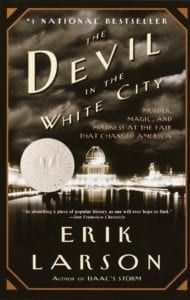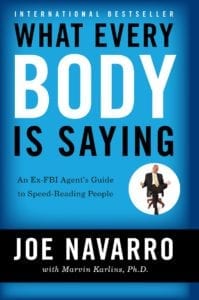Einstein
Reason Book was Chosen:
I read two Isaacson books for my 2018 reading list. I've read two others at other points in my life. I love his style and I don't know much about Einstein, so this should be a good one.My Thoughts
What a book! What a life! My favorite thing I read about Einstein was that when he submitted his most famous paper “On the Electrodynamics of Moving Bodies,” it contained no citations. Typically, an academic paper will be full of citations highlighting where the ideas came from. Einstein’s paper and ideas were so revolutionary there was no one to cite! I love that.
Einstein was a theoretician. He was not an experimenter. He generated his theories by thinking and would oftentimes include instructions for others on how to conduct the experiments to prove his theories. This was different from most other scientists who would experiment first to generate their theories.
Einstein’s rich imagination was fueled by music. That was a topic that fascinated me in this book. Einstein played the violin and loved playing Mozart sonatas. When he got stuck on a mental problem, he would take out his violin and oftentimes play Mozart. His son Hans said he would then have mental breakthroughs while playing his violin. What I found fascinating is that he was playing composed music. My guess would have been that as he was improvising scientific discoveries he would have needed to improvise further on the violin. But, no, it appears that he would usually play composed pieces to help with his improvised thoughts.
I was extremely impressed at Isaacson’s deep dive into Einstein’s science. You could tell he spent a lot of time understanding his scientific theories in a way to properly explain them to the reader. I have always been a poor science student and so I had to take those sections very slowly. Going into the book, I assumed Isaacson was focus on the top-level biography of Einstein, but it was amazing to do a relatively deep dive into the science (pun intended).
My favorite part of the book was towards the end, during the late 1930s. Einstein, a Jew, had been forced out of Nazi Germany (Berlin), his house had been ransacked, and family members persecuted. Einstein was not a religious person. This sets some of the stage for this occurrence:
“there was an evening where a Christian prayer group gathered to make intercessions for persecuted Jews. Einstein surprised them by asking if he could come. He brought his violin and, as if offering a prayer, played a solo.”
This hit me more than any other paragraph in the book. As a violinist myself, I know that I can oftentimes express myself better through music than speech. I just imagine Einstein going to a place where someone Jewish would normally not go (a Christian prayer meeting) to pray for persecuted Jews, of which he and his family were, and to go and not offer a prayer (something that would have likely have been uncomfortable for him), but to offer a prayer through his violin. That must have been such a beautiful and tender scene.
I’ve read four other books by Isaacson and this one is my favorite. This was on a higher level than his others. It was beautiful. It was complex. Einstein’s personal life was messy. It was challenging. But it was worth the 18+ hours it took to read the book. Einstein’s life connects to many of the ideas, historical events, and people of the 20th century. He changed our conception of space, time, and matter. He did that while working as a patent officer.



